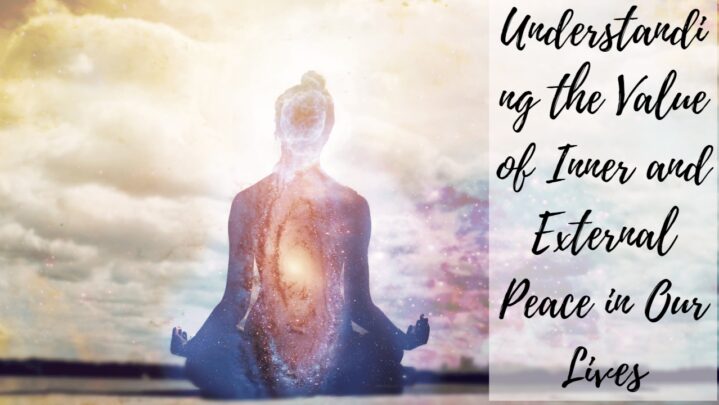A condition of peace is one of calmness, harmony, and balance, both within and outside of oneself. Although many individuals aspire to have it, it can frequently feel unattainable, especially in today’s world of strife, bloodshed, and uncertainty. This can entail addressing conflicts and acts of violence, advancing equality and justice, and trying to build a more just and sustainable society.
However, despite these difficulties, the objective of peace is a worthwhile pursuit, as it has the potential to profoundly alter our lives and the planet.
Inner peace is among the most crucial components of peace. Regardless of the conditions outside of ourselves, inner peace refers to a state of serenity and equilibrium within. Even in the face of difficulty, we may approach life with serenity and clarity when we are at peace within. This prevents us from being overcome by tension and worry and enables us to respond to situations with grace and composure.
Through exercises like meditation, awareness, and self-reflection, one can achieve inner calm. We can better understand our thoughts if we take the time to connect with ourselves and our emotions and feelings and make an effort to foster a feeling of inner tranquility and well-being.
Building relationships based on mutual trust and understanding with others is another essential component of inner serenity. We may contribute to making the world more peaceful and harmonious by developing relationships that are founded on empathy, respect, and mutual understanding.
The pursuit of peace is a noble goal that has the potential to significantly alter both our lives and the course of the world. The road to peace is one that is paved with hope, opportunity, and the potential for good change, whether one chooses to pursue inner peace via mindfulness and self-reflection or seek to make the world a more peaceful place through action and relationship-building.





